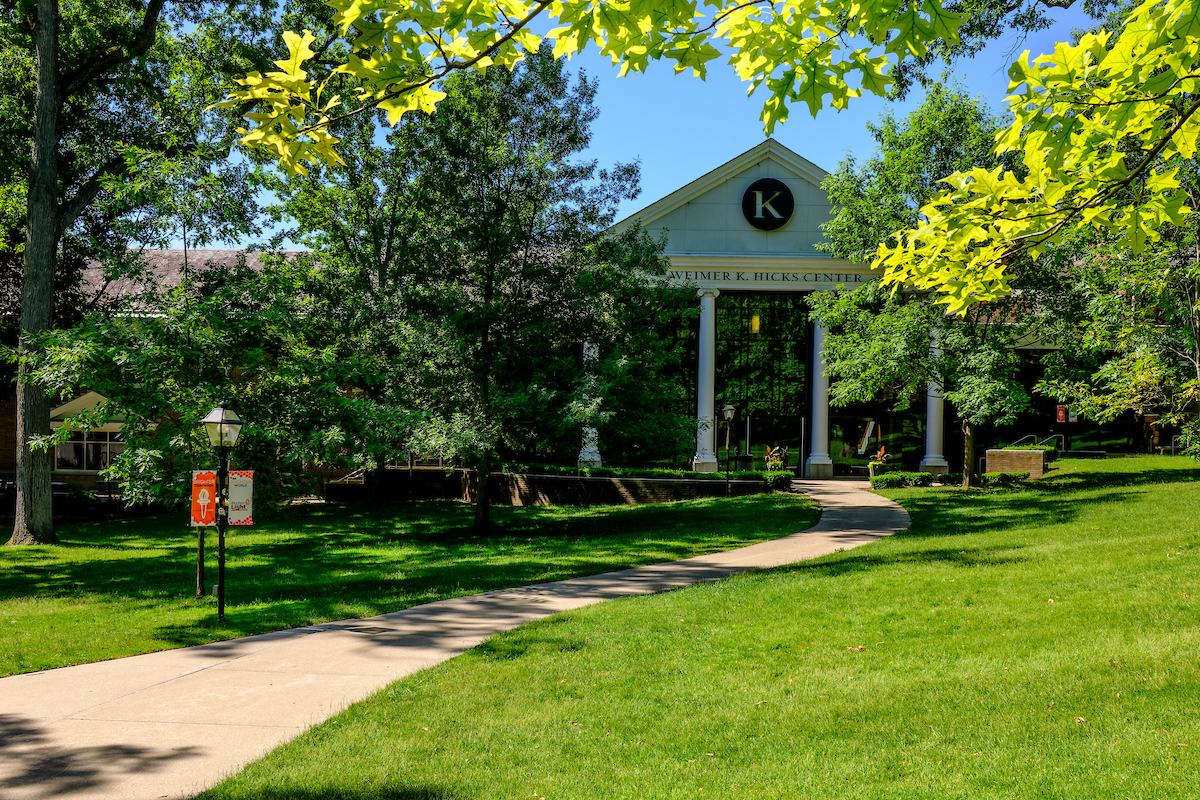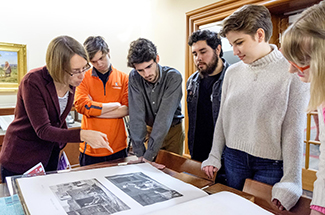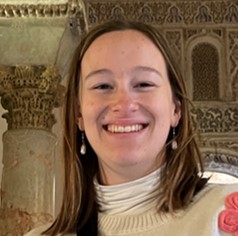
Why Study History at K?
Everything and everyone has a history. By learning how to critically examine the past, you will be able to trace personal, societal, and national development in order to shape the future.
Telling the stories of the past, you can give voice to people and experiences who may not have had the agency to do so themselves. However, studying history at K is more than just understanding what happened in the past; you will learn how to connect modern problems, situations, and institutions to the historical contexts in which they originated. By understanding the successes and failures of the past, you will be equipped to analyze and understand the present.
You will gain these skills by synthesizing and evaluating various sources and viewpoints in classes like Unsettling Colonial America; Women in Classical Antiquity; History of Science, Magic, and Belief; and Occupiers/Occupied in Post-World War II East Asia. In these courses, you will explore the diversity and similarity of the human experience across time and place by critically examining evidence and theories.
As a history alum, you will enter the world as a more informed global citizen. The skills and tools you will develop during your four years as a history student will prepare you to enter a variety of professions or continue your studies in graduate school. Past students have led successful careers in history, law, policy, foreign relations, and non-profit work.
What can you do with a history degree?
Below are some of the careers, employers, and graduate schools of our history alumni.
Careers
- Attorney/Law Clerk
- Archivist
- Professor/Teacher
- Curator
- Grant Specialist
Employers
- The Obama Foundation
- Library of Congress
- U.S. District Court
- AmeriCorps
- American Public Health Association
Graduate Schools
- University of Michigan
- Michigan State University
- Johns Hopkins University
- New York University
- University of Rochester
Program Spotlights

Take a Deep Dive into History at the Edward Moritz Lecture
Named after a late history professor who taught at the College from 1955 to 1988, the Edward Moritz Lecture is a celebration of excellence in teaching and research in history. The lecture provides you the opportunity to learn about aspects of history from the field’s leading researchers, who are invited to campus to share their scholarship. In 2020, Dr. Lewis Siegelbaum from Michigan State University spoke about national identity formation and othering in his presentation “Bumping Up Against Ukraine as a Historian of Russia.”
Showcase your knowledge with your Senior Integrated Project (SIP)
Whether you completed your Senior Integrated Project (SIP) within the History Department or not, we are proud of our seniors and want to showcase all you have learned. In that spirit, the annual History SIP Colloquium is an opportunity for all our majors to revel in their accomplishments and present their final projects in front of their classmates, professors and families. For example, Laurel Thompson ’14 conducted primary source research at the National Archives for her SIP, “Common Ground, Cooperation, and Controversy: The Partnership of SCAP and Suspected War Criminals in Occupied Japan”.

Meet the Current Departmental Student Advisor
What is the best thing about being part of this department?
In-depth learning, helpful professor relationships, intelligent and supportive peers.
What drew you to the department?
I became a history major almost by accident by taking classes that seemed interesting to me. Even some of the most basic introductory classes offer a fascinating baseline that make wanting to explore more complex topics an easy next step. The professors are a big part of the draw, as they make their classes extremely engaging!
How have you taken advantage of the flexible curriculum or experienced breadth in your education?
All of the History and English classes I have taken were very interdisciplinary, and I often found myself making connections between classes as I was taking them. I have also had the privilege of taking classes in the Music, Psychology, and Philosophy departments, and they have all added to the breadth of my education.
what is your favorite thing about K?
I really love the people and the size of the student body. I can always find a friendly face on campus which is incredible.
What is your Senior Integrated Project (SIP)?
I am writing an American Studies SIP that examines how the intersection of American Literature and History creates an American cultural identity.
What are your career aspirations/next steps after K?
I want to attend graduate school and get my master’s in library sciences to become a public librarian.


